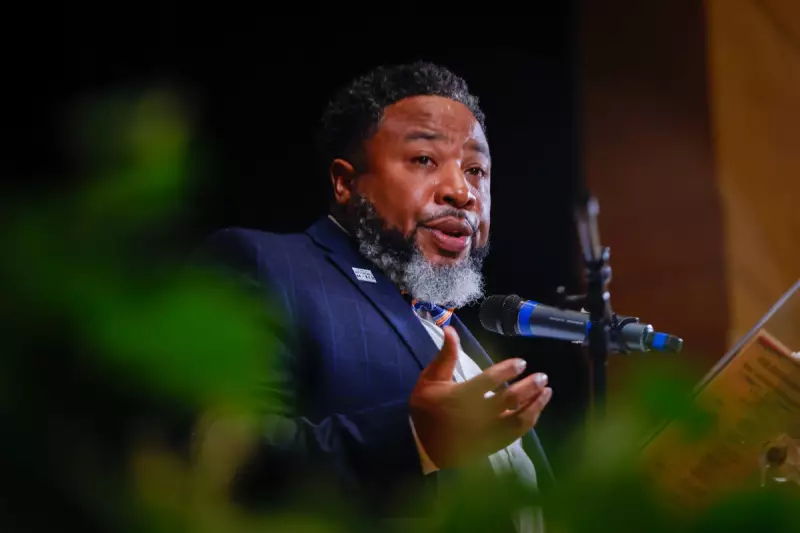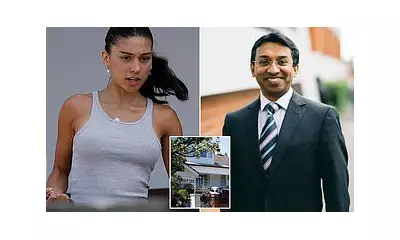
In a stunning legal development that has sent shockwaves through the American judicial system, two prosecutors involved in the high-profile Georgia election interference case against Donald Trump have been disqualified following revelations about their professional conduct.
Romantic Entanglements and Forensic Controversies
The Fulton County case, which alleges attempts to overturn Georgia's 2020 presidential election results, has taken unexpected turns as presiding judges addressed serious concerns about prosecutorial conduct.
Superior Court Judge Scott McAfee delivered a landmark ruling that resulted in the removal of District Attorney Fani Willis from the case, though she avoided outright disqualification. The decision came after intense scrutiny of Willis's romantic relationship with special prosecutor Nathan Wade, whom she had appointed to lead the investigation.
Financial Impropriety Allegations
Legal ethics took centre stage as evidence emerged suggesting Wade had used income from the case to fund luxury vacations with Willis. While the judge found no actual conflict of interest, he determined the appearance of impropriety demanded action to preserve the case's integrity.
Meanwhile, in neighbouring Cobb County, Superior Court Judge Robert Leonard took even stronger action by completely disqualifying District Attorney Flynn Broady's office from prosecuting Trump ally Michael Roman. This decisive move followed allegations of forensic misconduct that compromised the case's foundation.
Wider Implications for Election Cases
These unprecedented developments raise crucial questions about the future trajectory of multiple election-related prosecutions across the United States. Legal experts suggest the rulings could establish important precedents for how courts handle allegations of prosecutorial misconduct in politically sensitive cases.
The Georgia Prosecuting Attorneys' Council now faces the complex task of finding replacement counsel capable of handling these high-stakes proceedings while maintaining public confidence in the judicial process.
As the legal battles continue to unfold, observers note that these ethics controversies have added unexpected layers to cases that were already among the most closely watched in recent American political history.





